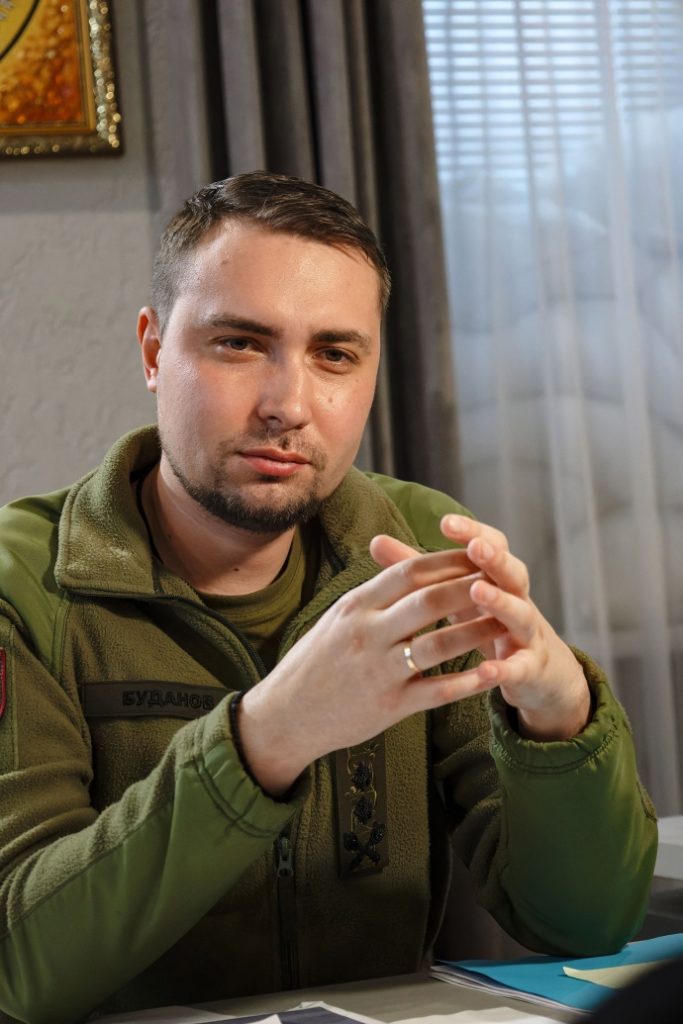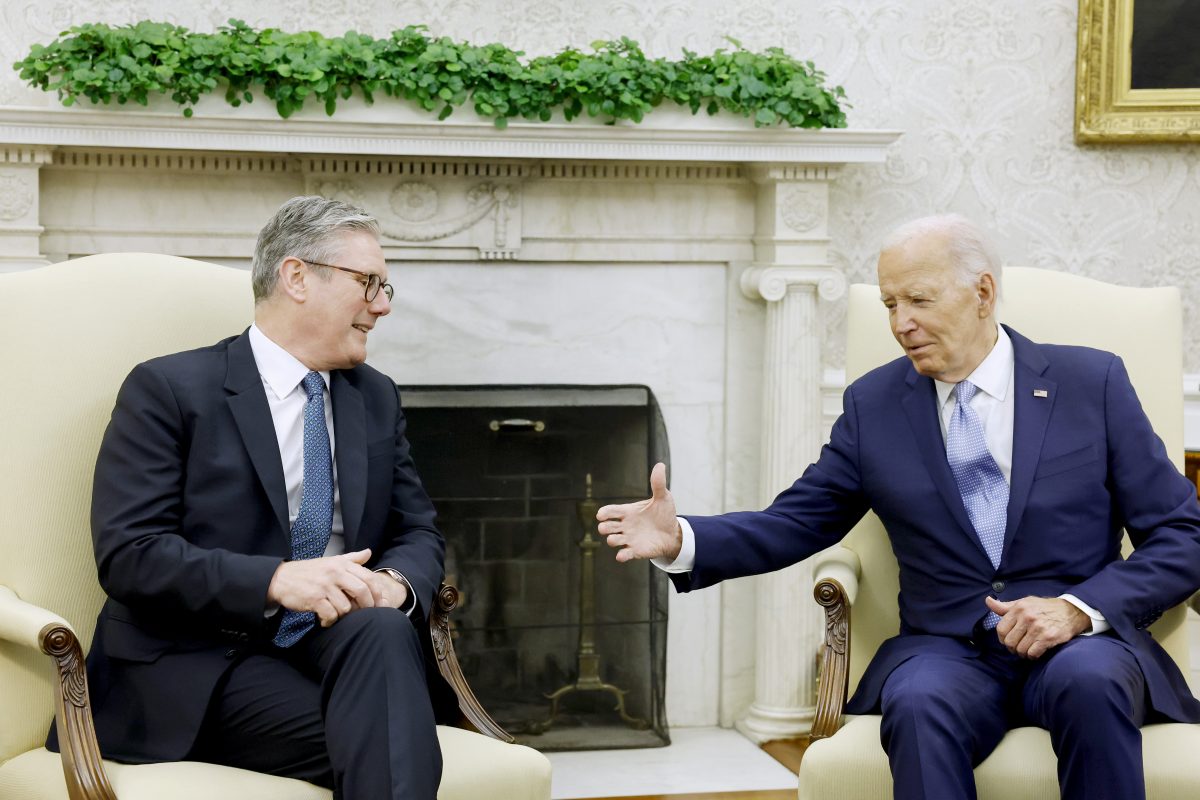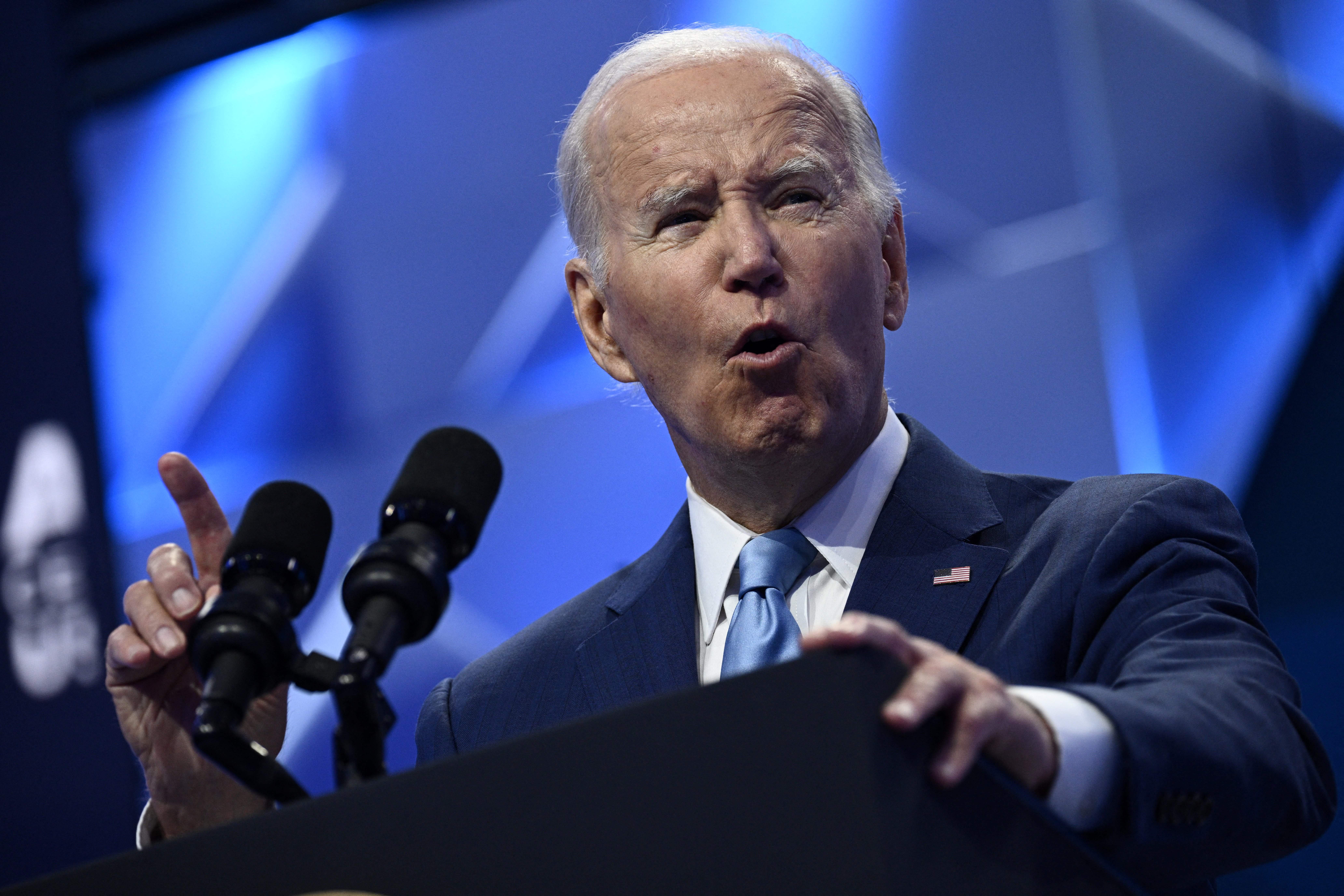Ukraine’s spy chief says nearly 8,000 North Korean soldiers still fighting in Russia’s Kursk Oblast
Despite heavy losses, nearly 8,000 North Korean soldiers continue to support Russian military operations in Kursk Oblast, where they are being used as "cannon fodder" in intense combats.


Nearly 8,000 North Korean soldiers are still fighting in Russia’s Kursk Oblast, said Kyrylo Budanov, head of Ukraine’s Main Intelligence Directorate (HUR), according to The War Zone.
Budanov said that the activity of North Korean troops has decreased recently due to heavy losses. However, he dismissed media reports claiming that these forces have not been seen on the front lines for weeks, calling them “wrong.”
Earlier, The New York Times reported that North Korean soldiers were not seen at the front for about two weeks.
“We have to wait some time to see if there are any real changes or if this is just lower activities for a couple of days,” he explained.
Budanov confirmed that North Korean forces have lost about 4,000 soldiers, including those killed and wounded. He attributed these losses to “lack of real combat experience” and the use of “human wave” tactics.
North Koreans are advancing “almost without any combat vehicles,” he added. Budanov suggested that their willingness to push forward against Ukrainian drones and artillery is strong likely due to their loyalty to North Korean leader Kim Jong-un.
While the activity of North Korean forces in Kursk Oblast may have slowed in recent days, Budanov reiterated his statement from last week that Pyongyang plans to send additional artillery and missile forces to Russia, along with more artillery and multiple rocket launch systems. However, these forces will not conduct ground combat operations, Budanov added.
Read also:
- Expert says Russians fail to dislodge Ukrainian forces from Kursk Oblast as Kyiv troops decimate 30% of North Korean troops
- North Koreans forge tuberculosis certificates to escape Russian front
- North Korean troops train new soldiers in Russia after heavy losses
You could close this page. Or you could join our community and help us produce more materials like this.
We keep our reporting open and accessible to everyone because we believe in the power of free information. This is why our small, cost-effective team depends on the support of readers like you to bring deliver timely news, quality analysis, and on-the-ground reports about Russia's war against Ukraine and Ukraine's struggle to build a democratic society.
A little bit goes a long way: for as little as the cost of one cup of coffee a month, you can help build bridges between Ukraine and the rest of the world, plus become a co-creator and vote for topics we should cover next. Become a patron or see other ways to support.



